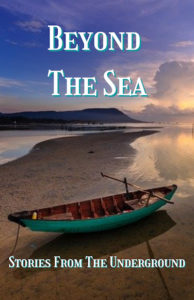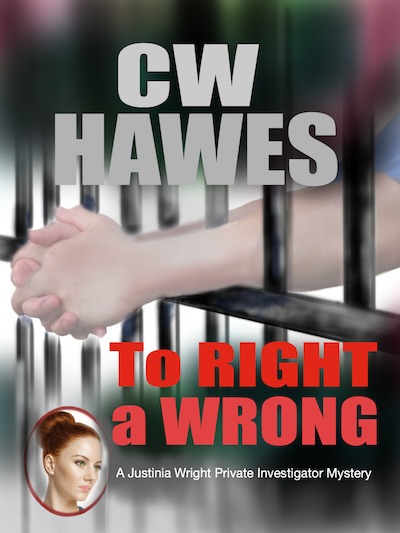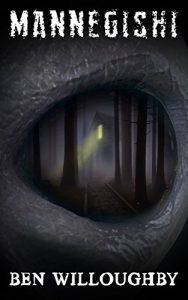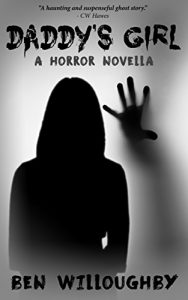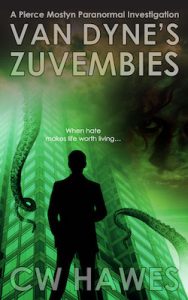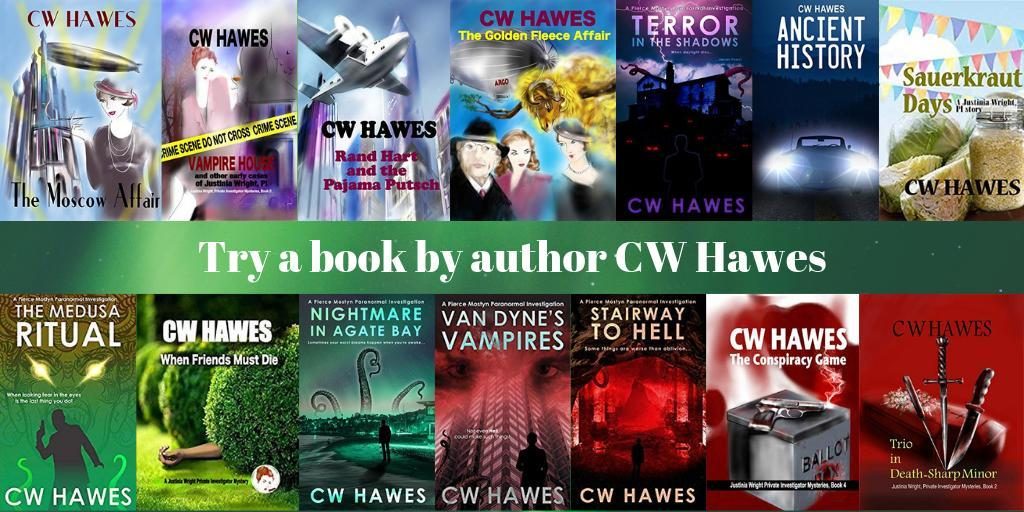“Many hands make light the work.”
—Unknown
We all know that it is easier for a group tackle a project than it is for us to tackle it by ourselves. With rare exceptions, of course.
The Publishing Business
That’s why publishers have an army of people putting out a book: purchase editors, copy editors, proofreaders, book designers, cover artists, marketing committees, formatters, printers, distributors, sales people, and, of course, the company executives.
Is it any wonder the big corporate publishers charge $10 or $15, or even more, for an ebook that probably cost them less than $5 to actually produce?
Independent Author-Publishers have learned, over the years, it’s best not to try and do everything. Mostly because if they did, they wouldn’t have much time left to write.
One reason Brandon Sanderson and James Patterson are so prolific is because they have an army of people doing all of the non-writing stuff. Which leaves them all the time in the world to write. (Yes, I know, they do participate in marketing efforts.)
The Underground Authors
One afternoon back in June of 2020 I got an email from Caleb Pirtle III inviting me to join an author co-op he was organizing. The purpose of the group would be to promote each other’s books. And thus The Underground Authors were born.
In those early days, we supported each other by buying and reviewing books; and talking each other up on social media, our blogs, and to our mailing lists.
Beyond the Sea
Last year, we decided to put out a short story anthology to highlight our work in one place. And thus Beyond the Sea was born.
Twelve stories by twelve writers, all inspired by the picture that became the book’s cover.
It’s a phenomenal collection, if I do say so myself. Twelve imaginative, touching, thoughtful, and exciting stories — all created from looking at one picture.
Author and reviewer Lisette Brodey wrote:
I chose this book because I’m someone who always looks for stories in photographs and paintings. So, seeing this anthology, where each author was inspired by the same photograph, immediately grabbed my attention.
All of the stories, greatly ranging in genres, were well written. Of course, I have some favorites, but to mention them here, for me, would be to discount the other stories, which I don’t want to do.
What really stood out for me was the collective talent, the beauty of the imagination, and the endless possibilities of an abandoned / lone boat. And who knows, while you’re reading, you may end up writing your own story.
Pick up a copy on Amazon. And see for yourself. All profit goes to charity. Good stories for you and cash for Team Rubicon.
Who Are The Underground Authors?
There are 12 authors at present in the group. Below are the names, which you can click or tap, and go to their Amazon US pages.
CJ Peterson left the group last year to focus her efforts on her own publishing company. We miss her enthusiasm and contributions, but wish her much success.
Working together. Sharing thoughts and advice. Getting help when needed. Just having someone to talk to. Writing doesn’t have to be a solitary venture.
The Underground Authors. I’m glad I’m a part.
Next week, I am going to talk about the newest project to come from the pens of The Underground Authors: The Magnolia Bluff Crime Chronicles. Stay tuned!
Comments are always welcome. And until next time, happy reading!
 CW Hawes is a playwright, award-winning poet, and a fictioneer; as well as an armchair philosopher, political theorist, and social commentator. He loves a good cup of tea and agrees that everything’s better with pizza.
CW Hawes is a playwright, award-winning poet, and a fictioneer; as well as an armchair philosopher, political theorist, and social commentator. He loves a good cup of tea and agrees that everything’s better with pizza.
